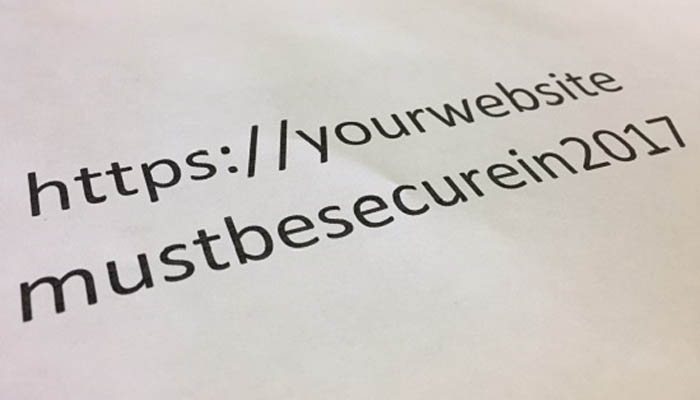Google updates often elicit groans and headaches from website owners.
They are somewhat disguised by cute names such as ‘Panda’ and ‘Penguin,’ to soften the blow. Then there was ‘Mobilegeddon,’ the Google update which penalized websites in search rankings that weren’t mobile friendly.
The latest update, to take effect in 2017, is another doozy: Google will begin to penalize website owners in search rankings for having unsecured websites, for not having ‘https’ protocol in front of their URLs or the use of secure socket layers (SSL). It is a short-term pain, long-term gain solution for e-commerce merchants and all website owners for that matter: There will be a lot of scrambling, but it’s all about securing data in the long term.
The Difference Between ‘http,’ ‘https’ and ‘SSL’
Personal data is a hot commodity to fraudsters – hotter than credit card information and worth far more on the black market.
The latest Google update is going to secure the transfer of data.
The acronym ‘http’ stands for hypertext transfer protocol, ‘rules’ for transferring data online between a server and its client (you’ll be seeing less and less of it in the next year). The ‘s’ on that acronym stands for secure, meaning any type of communications between the server and client are just that – secure.
Similarly, the use of SSL scrambles communication over a network, making it indecipherable.
Why Does This Google Update Matter to E-Commerce Merchants?
E-Commerce merchants who use have secured their websites and have the green padlock symbol in their browser need not change a thing – they are in compliance with Google’s update.
There are many merchants, however, who outsource their payment platform for security reasons (outsourcing is a major hurdle for hackers to overcome). These merchants may have neither a secure website or use SSL certificates, but need to utilize one or the other to avoid dropping in search engine rankings and, more important, secure the transfer of data.
What Can Merchants Do?
An SSL certificate is a long line of code about the length of a paragraph, relatively inexpensive ($50 per year on average) and easy to set up, but the website owner needs a dedicated IP address. Your web host will likely be able to install and activate your certificate, after which the ‘https’ protocol should appear in front of your URL.
For more specific information, merchants should contact their website hosts.
At Instabill, we don’t just help launch your business. We offer the tools for your business to thrive. Speak with a live merchant account manager at 1-800-318-2713 or click the live chat option below.


